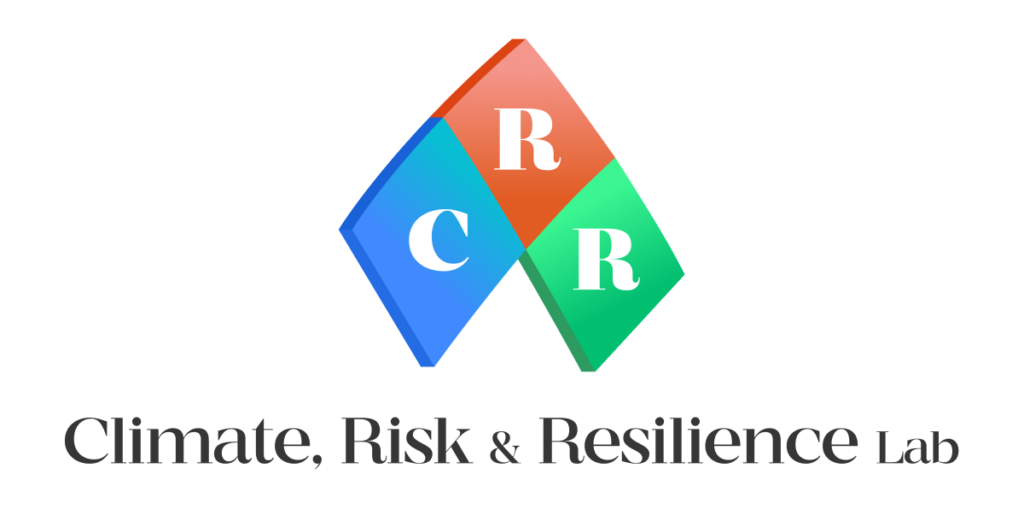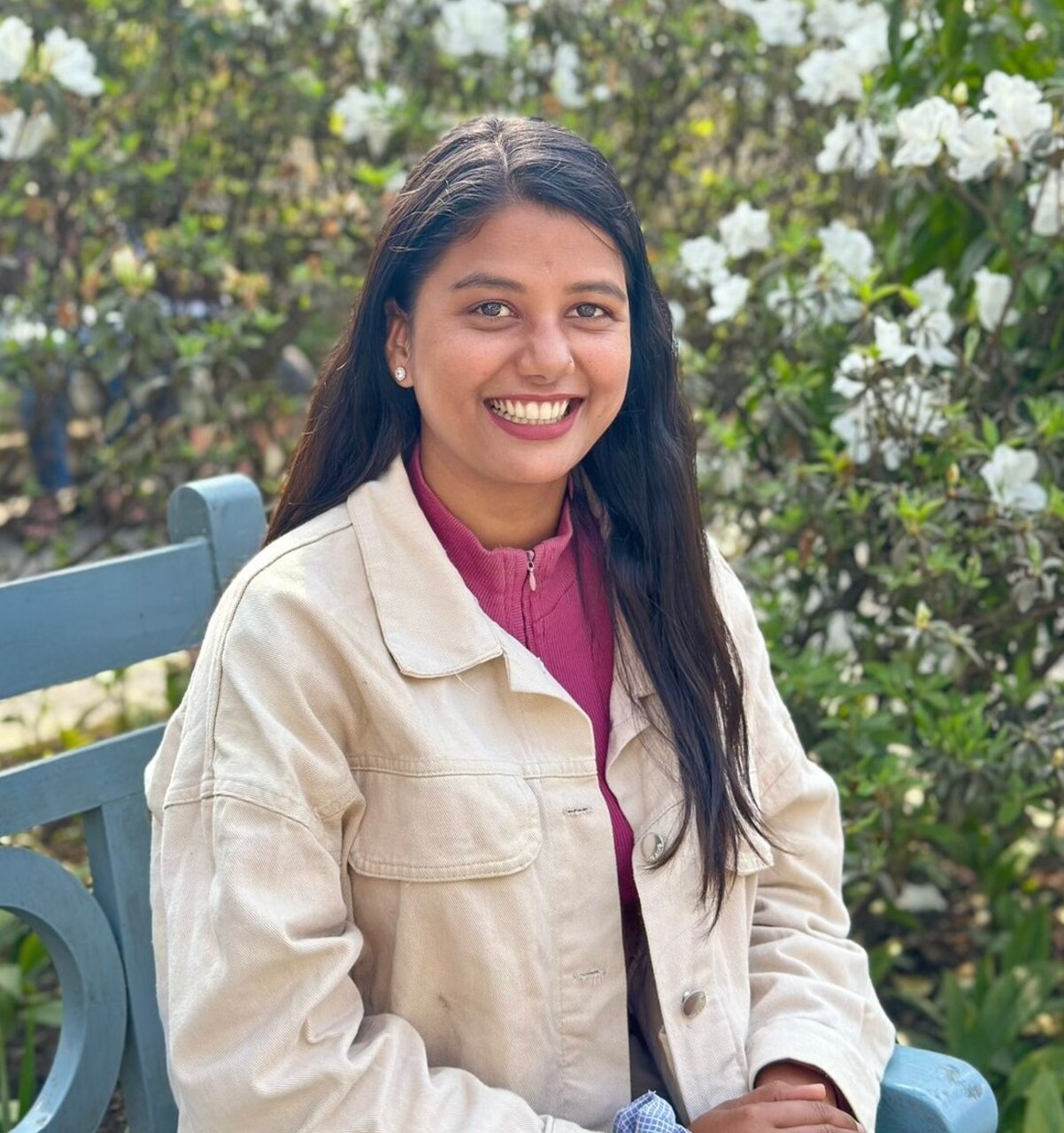About Us
CRR Lab is a research-based organization that focuses on the use of data and frontier technologies for a better understanding of risk and environmental hazards. At CRR Lab, we believe in addressing the complex challenges of our time with a robust and holistic approach using the tools and methodologies around physical science, social science and humanities.
We are committed to learn from wider stakeholders and use our scientific and social understanding of environmental hazards and climate change issues to better inform policy making in order to address the issues of the most vulnerable.
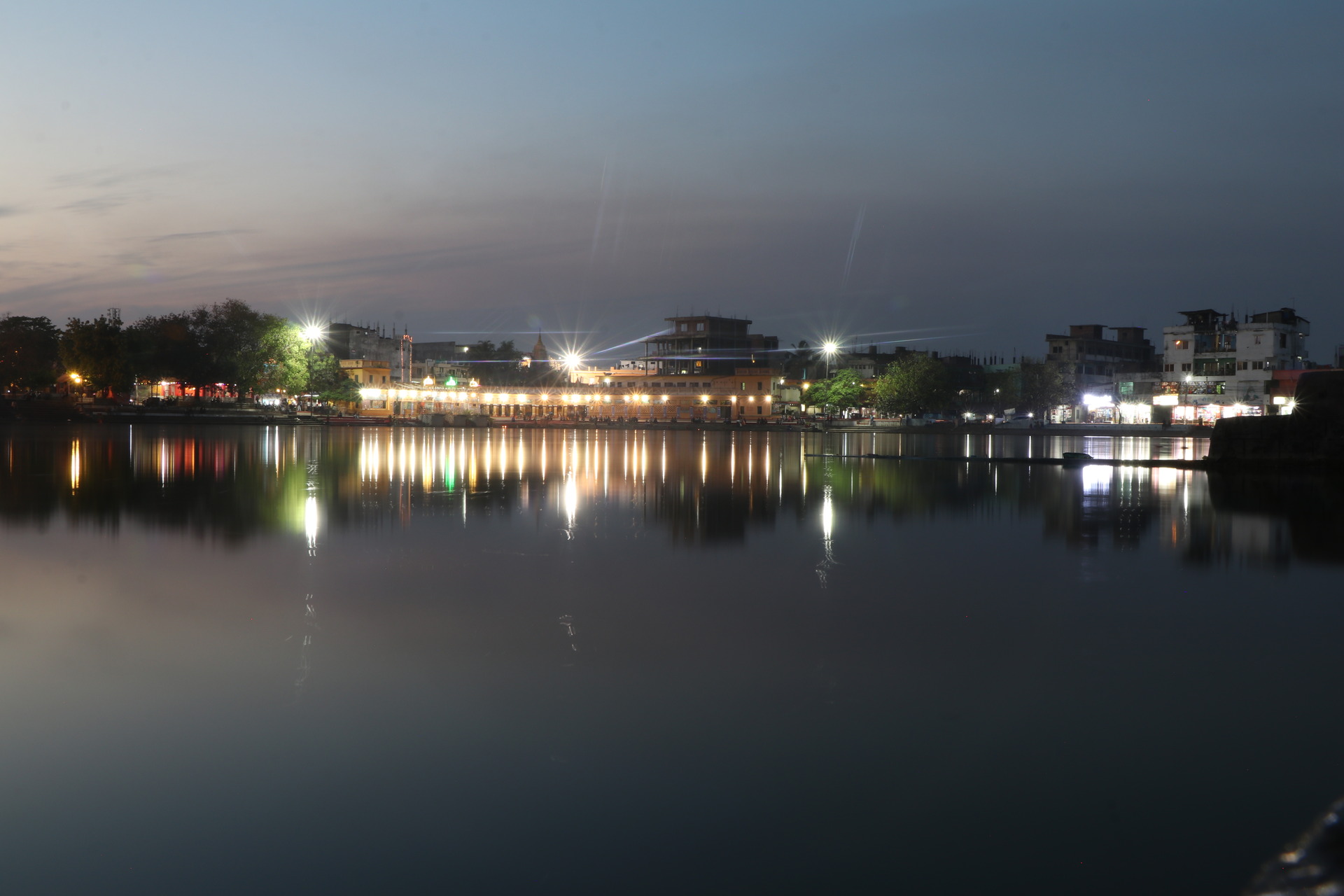
Our Approach
We unpack the cascading impact of environmental hazard and risk through our four-fold approach:
- Step 1: Risk Mapping and Analytics
- Step 2: Effective Risk Communication
- Step 3: Development of Risk Management Strategy
- Step 4: Policy advocacy for systemic change
employees
projects
%
happy clients
Transforming Education with Virtual Reality: A Success Story
At CRR Lab, we pride ourselves on pushing the boundaries of education and technology to build resilience and reduce disaster risks. Our innovative project, The Virtual Reality Classroom: Engaging Students and Communities in Collaborative Learning with Virtual Reality to Understand Disasters and Climate Change, has been a groundbreaking initiative, recognized globally by the UNDRR and embraced by development partners.
This initiative introduced virtual reality (VR) technology to classrooms in Nepal, creating immersive and interactive learning experiences that brought the challenges of landslides and climate change directly to students and communities. The project focused on two high-mountain districts, Bajhang and Bajura, which are highly vulnerable to landslides. By utilizing 360-degree and aerial imagery, we developed VR content accessible through the Meta Oculus Quest 2 platform. This content not only depicted local landslide scenarios but also embedded crucial awareness and risk-reduction measures.
This achievement was made possible through collaboration with UNESCO and built upon the groundwork laid by the Landslide Environmental Virtual Observatory (LEVO) project. The project demonstrated the immense potential of VR technology to reshape risk education and foster resilience, paving the way for its adoption in other vulnerable regions.
The VR training sessions were conducted across four districts in Nepal’s Sudurpaschim Province: Bajhang, Bajura, Doti, and Kanchanpur. Over 500 students and teachers from public schools, along with 40 community representatives, participated in these sessions. Participants explored virtual landscapes, observed landslide impacts, and learned about mitigation strategies through engaging and practical exercises. The outcomes were transformative:
Students and Teachers: Inspired by the immersive experience, participants reported increased curiosity and engagement, with many expressing a desire to integrate VR into broader educational practices.
Community Members: Local representatives, including members of Community Disaster Management Committees and Women Empowerment Groups, gained critical knowledge to recognize risks and implement safety measures.
Building on this success, CRR Lab envisions scaling up the use of VR and integrating augmented reality (AR) to offer even more realistic learning experiences. Beyond disaster education, these tools hold promise for risk assessment, recovery simulations, and enhancing anticipatory actions. While challenges like the cost of VR equipment and the digital divide persist, the transformative potential of these technologies in education is undeniable.
This initiative has shown how technology can bridge the gap between education and resilience, empowering communities to face the challenges of a changing climate with knowledge and confidence.
Our team
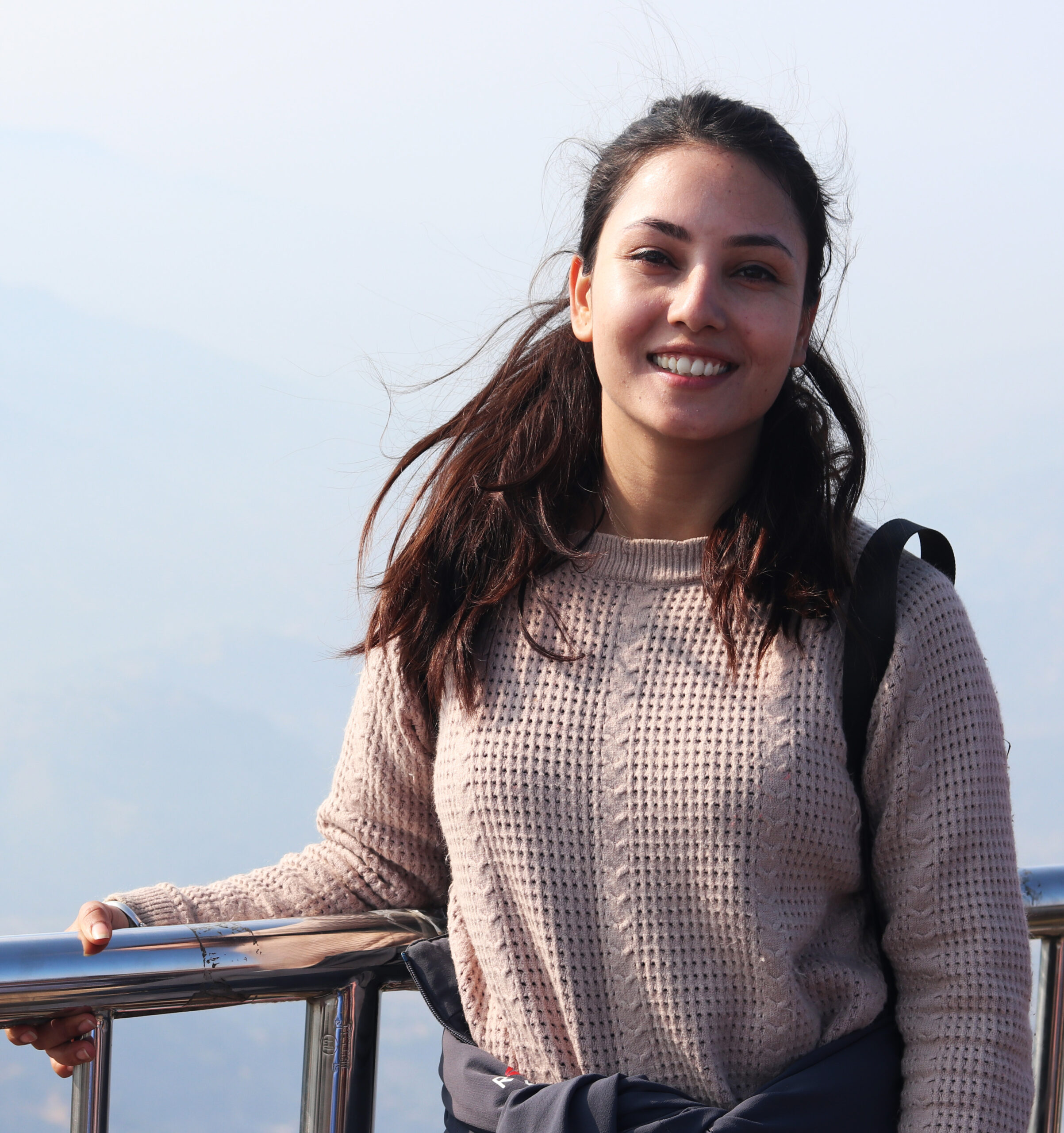
Preshika Baskota
Co-Founder and CEO
Preshika brings more than 7 years of experience in risk, resilience and sustainable development.
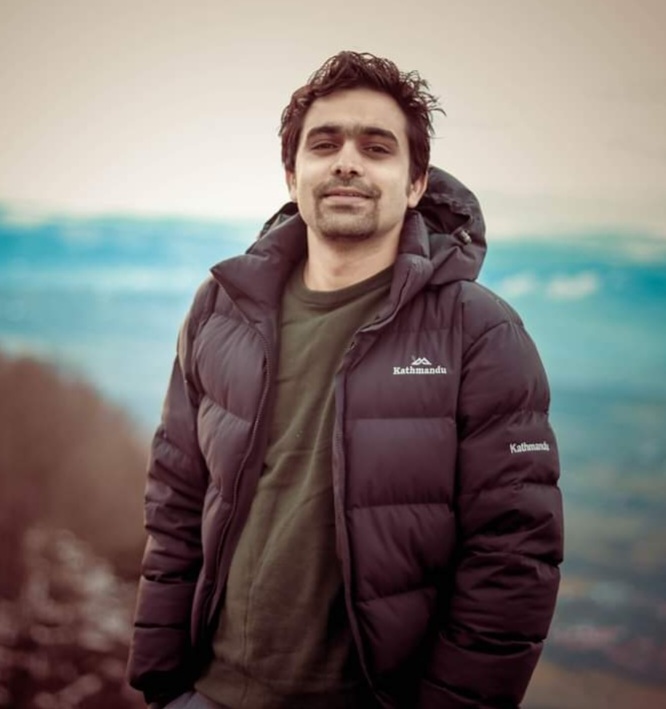
Binod Prasad Parajuli
Co-founder and Director
Binod brings more than a decade of experience in digital and spatial technologies for resilience building.
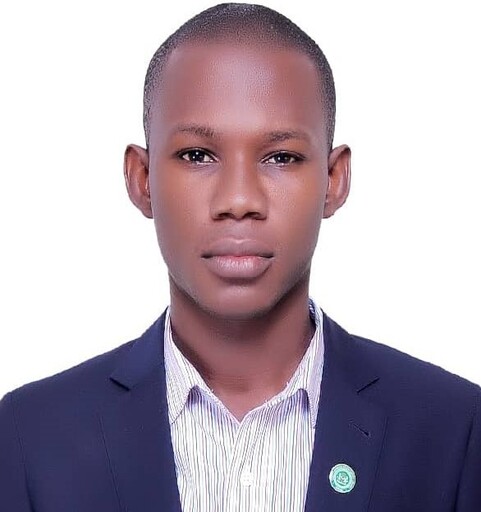
Oluwafemi Joshua Ojo
Advisor
Oluwafemi brings more than a decade experience in green business, GHG emission accounting, risk assessment and resilience building.
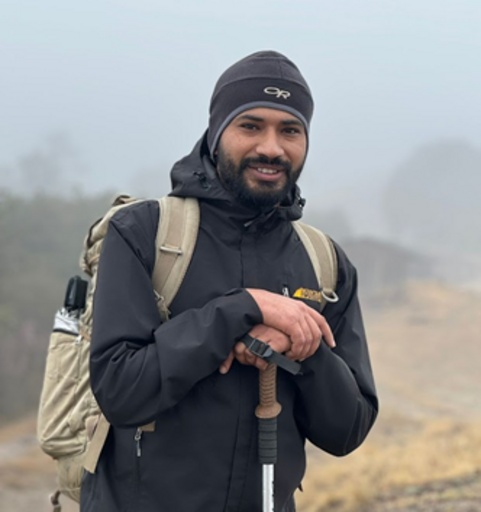
Jhalak Paudel
Research Associate
Jhalak brings more than 4 years of experience in environmental research, risk and resilience.
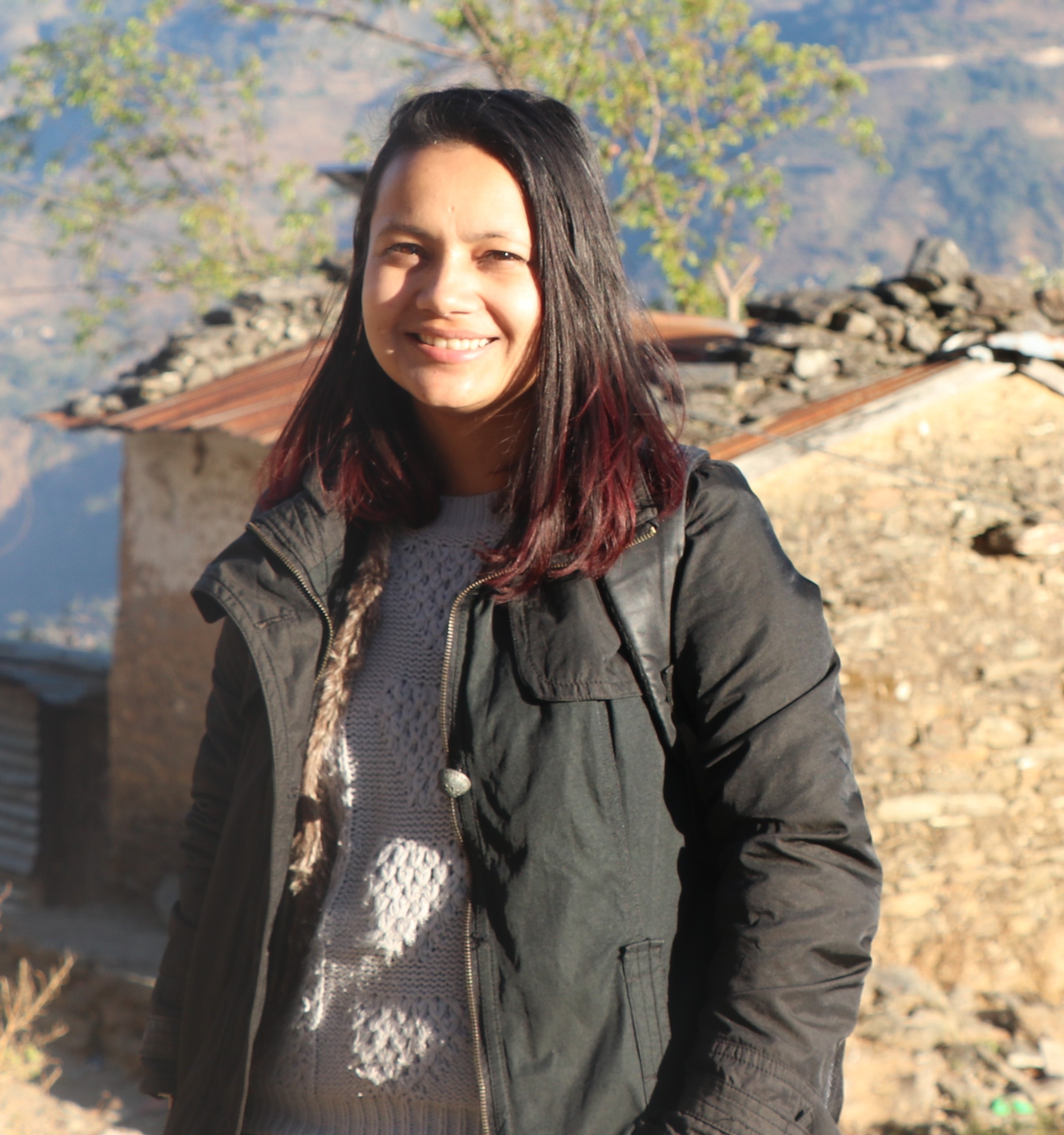
Somy Bhattarai
Research assistant
Somy holds excellent understanding of environmental research with her training in research and writing.

Puskar Paudel
Intern
Geomatics engineer specialized in geospatial analysis, remote sensing, and surveying. Interested in combining GIS, UAV, and AI to solve environmental issues. Committed to utilizing the most current geospatial technology to further community-based initiatives. Always eager to explore the spatial domain and digital content through innovative and interdisciplinary methodologies.
